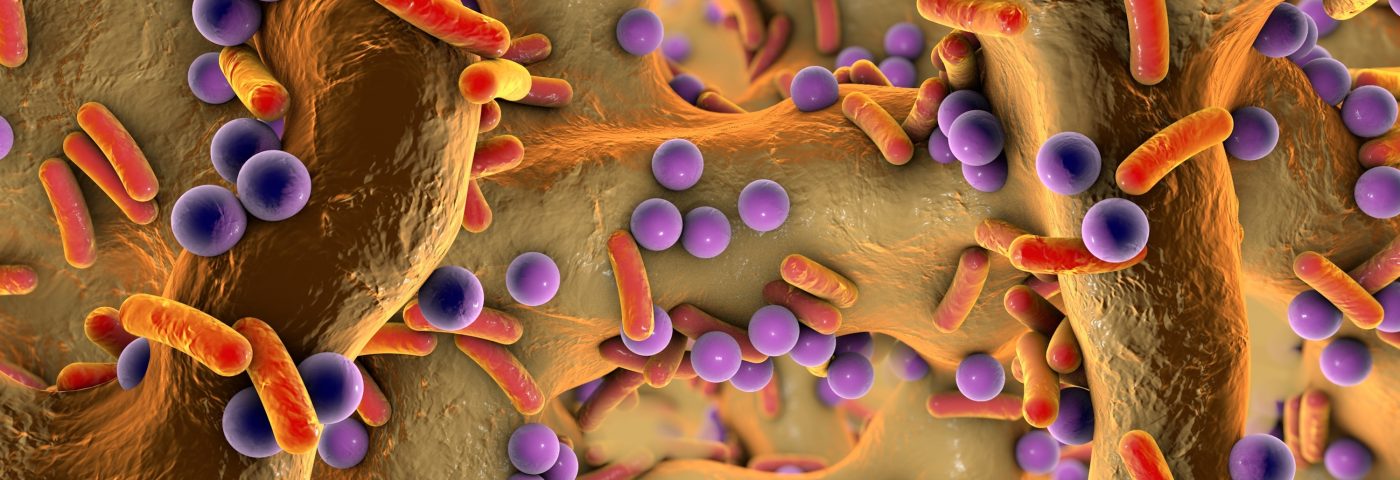A large proportion of bronchiectasis patients have bacteria colonized in their lungs which puts them at risk for further airway damage, reduced lung function, and more need for close monitoring and treatment of infection, according to a study recently published in Annals of Thoracic Medicine.
For the study, “Bacterial colonization and associated factors in patients with bronchiectasis,“ researchers at Istanbul University in Turkey recruited 121 patients from an outpatient clinic and analyzed their airways for bacterial colonization.
Patients had been sick for an average of 20.3 years, and 67 percent of them had acquired bronchiectasis following an infection. About half of the group were women. The presence of bacteria was explored in sputum samples, collected by coughing up phlegm.
Findings showed that 35.5 percent of participants had the bacterial condition documented on at least two occasions, three months apart. The majority of the bacteria were either Pseudomonas aeruginosa (58 percent) or Haemophilus influenzae (32.6 percent).
Although a large number of factors, such as young age at disease onset and long disease duration seemed to predict the condition, a more thorough analysis revealed that colonization of bacteria was linked to lower lung function and more frequently in patients with cystic bronchiectasis.
Bacterial species found in the patient cohort resembled earlier reports from patients in Europe and Asia. But a 2015 study noted that patients can get infections with less common bacterial species including fungi.
A large analysis of data from several clinical trials also shows that prolonged antibiotic treatment prevents exacerbations and hospitalizations, but the bacteria can eventually become three times more resistant to the antibiotic.

